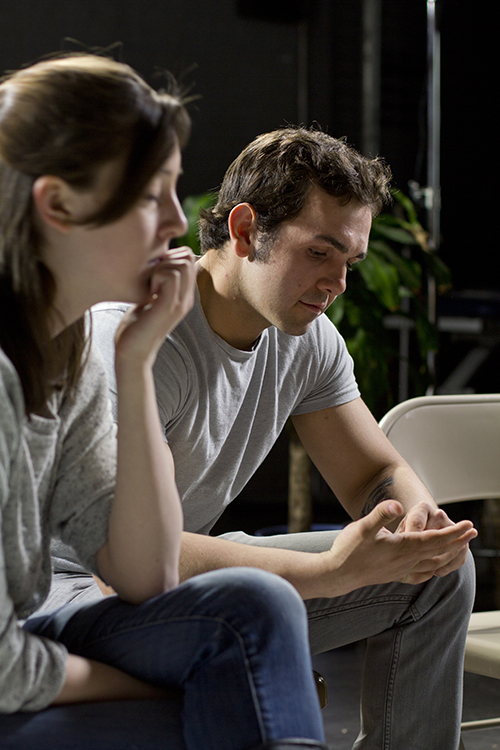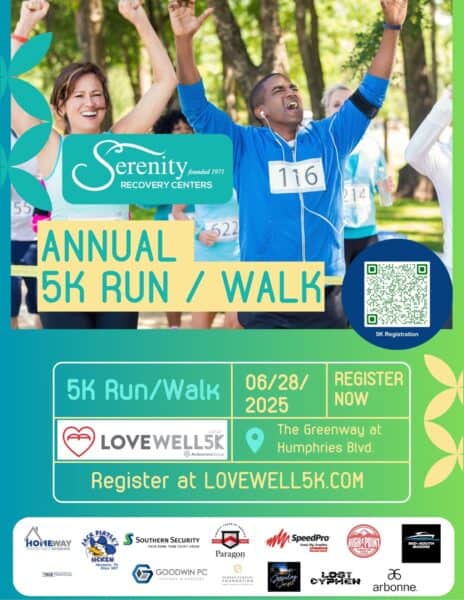A dual diagnosis is when a person is diagnosed as having both a mental illness and an addition problem. With this diagnosis, a person is eligible for dual diagnosis treatment, which will treat both conditions. This is a relatively new idea because things were handled much differently in the past. This new dual diagnosis treatment option can be incredibly more beneficial and produce much better outcomes than the treatment options of the past.
History
 Before the 1990s, patients were only treated for one condition at a time. If a patient was found to have both a mental illness and an addiction, they were told they had to get treatment for the addiction first before they would be able to get treatment for the mental illness. This was called sequential treatment.
Before the 1990s, patients were only treated for one condition at a time. If a patient was found to have both a mental illness and an addiction, they were told they had to get treatment for the addiction first before they would be able to get treatment for the mental illness. This was called sequential treatment.
Obviously, this didn’t work well because most addictions are fueled by a psychological problem. They are very interconnected. Being able to get help for only one of the problems they were facing left patients unable to ever really get treatment that would help. Sequential treatment was shown to result in a high rate of relapse in patients, which led to it falling out of favor and helped to lead to the discovery and implementation of dual diagnosis treatment.
Those administering dual diagnosis treatment treat both diseases at the same time. They are trained specifically to deal with situations where two disorders are occurring in one patient and given tools to treat them both at once. Dual diagnosis treatment is also usually very personalized because of the variations in both mental illness and addiction.
Diagnosis
Before dual diagnosis treatment can be sought, you have to have a diagnosis of a mental disorder as identified in the Diagnostic and Statistical Manual of Mental Disorders. This diagnosis should come from a professional, which can be a psychologist, therapist, doctor or similar qualified individual. You may be diagnosed with conditions that include the following:
- Depression
- Bi-Polar Disorder
- Anxiety Disorder
- Obsessive-compulsive disorder
- Anorexia
- Binge Eating Disorder
- Antisocial disorder
- Schizophrenia
These are just examples and not an exhaustive list. As long as a disorder is listed in the DSM, it is recognized and can help to qualify you for dual diagnosis treatment. Some of the symptoms that you may have that indicate you are suffering from a mental disorder are listed here:
- Experiencing dramatic mood changes
- Withdrawing from those around you
- Having feelings of despair
- Having trouble keeping a job
- Feeling major changes in energy levels
- Hallucinating
For the dual diagnosis, you also must have an addiction problem. Addictions may be with drugs and alcohol, but they also can occur with gambling, sexual behavior and spending money. Anything that you feel the compulsive need to do and cannot stop doing on your own is an addiction. Typically, when you are addicted to something, you will keep doing it more and more because you develop a tolerance for it so you need to do it more to get the same feeling from it. Some signs of addiction are as follows:
- Experiencing withdraw symptoms when you can’t do the behavior
- Pushing away the people close to you so they don’t discover your behavior
- Relapsing when trying to quit a behavior
- Lying to be able to continue a behavior
- Feeling guilty about doing the behavior
Treatment
 Dual diagnosis treatment needs to involve certain aspects in order to be successful. Proper treatment should be administered by a trained professional only. It should involve treatment for both conditions. Psychotherapeutic medications should be used as needed to help with your mental disorder. Treatment should always be supportive and motivate you to change your addictive behaviors. You should feel that the treatment is building your self-esteem and helping you to see yourself in a new light as someone who can overcome your issues. In addition, your loved ones should be encouraged to get involved in the treatment process to offer you support and learn how to help you. You want to be sure that a treatment is addressing both your specific mental health issue and your specific addiction issue. It should be personalized based on your needs. While there isn’t one blanket treatment for all patients, these things should be found in every dual diagnosis treatment program.
Dual diagnosis treatment needs to involve certain aspects in order to be successful. Proper treatment should be administered by a trained professional only. It should involve treatment for both conditions. Psychotherapeutic medications should be used as needed to help with your mental disorder. Treatment should always be supportive and motivate you to change your addictive behaviors. You should feel that the treatment is building your self-esteem and helping you to see yourself in a new light as someone who can overcome your issues. In addition, your loved ones should be encouraged to get involved in the treatment process to offer you support and learn how to help you. You want to be sure that a treatment is addressing both your specific mental health issue and your specific addiction issue. It should be personalized based on your needs. While there isn’t one blanket treatment for all patients, these things should be found in every dual diagnosis treatment program.
If you have had severe issues, such as feeling suicidal or overdosing, then it is likely you will need a residential program where you will live in a treatment center. This just ensures a more focused approach to your treatment. Otherwise, you may be seen as an outpatient, which means you can live at home and go about your daily life, visiting the treatment center for regular appointments. However, to make outpatient treatment work, you must follow all instructions from your caregiver. This includes taking any prescribed medications. You also have to be very committed. You will likely be around triggers that could push you towards your addiction or situations that might aggravate your mental disorder. You have to be motivated to succeed.
 Dual diagnosis treatment is a newer breakthrough that is helping people to overcome addictions when they are also diagnosed with a mental disorder. By having access to such treatment, you are able to get care for both situations and not have to resort to old treatment methods that would only treat one issue at a time. With dual diagnosis treatment, you can get the care you need to fight an addiction and treat your mental health issues at the same time.
Dual diagnosis treatment is a newer breakthrough that is helping people to overcome addictions when they are also diagnosed with a mental disorder. By having access to such treatment, you are able to get care for both situations and not have to resort to old treatment methods that would only treat one issue at a time. With dual diagnosis treatment, you can get the care you need to fight an addiction and treat your mental health issues at the same time.
